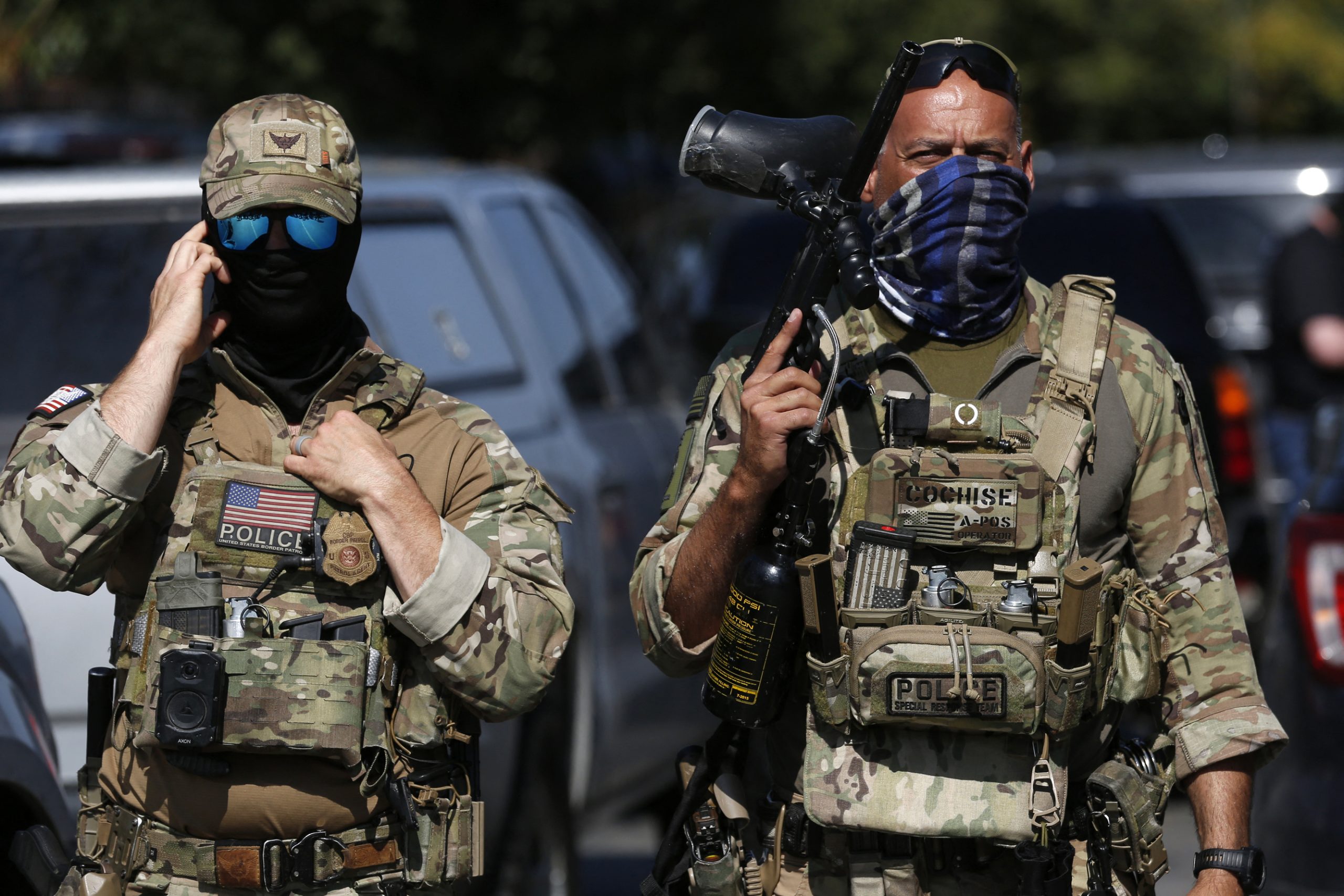Trump’s Federal Troop Deployments Spark City-State Clash
The Trump administration’s efforts to deploy National Guard troops to cities like Portland, Oregon, and Chicago, Illinois, have ignited a fierce battle with state and local leaders who view the move as an overreach of federal power. The situation raises critical questions about the balance of power between the federal government and individual states, and the role of the military in domestic law enforcement.
Federal Troops Head to Chicago Amidst Protests
The controversy intensified recently when up to 400 Texas National Guard troops were dispatched to Chicago. This deployment occurred despite strong opposition from Illinois Governor JB Pritzker, who characterized the move as an “unconstitutional invasion.” Pritzker’s efforts to block the deployment through legal channels initially failed when a federal judge declined to grant an injunction. The troops could arrive as early as Tuesday or Wednesday.
Oregon Fights Back Against Federal Intervention
Simultaneously, in Oregon, a federal judge rejected two attempts by President Trump to send National Guard troops to Portland. The administration’s justification for these deployments centers around maintaining law and order in cities experiencing unrest and protests. However, critics argue that these actions are politically motivated and undermine the authority of local law enforcement agencies.
Analyzing the Constitutional Implications
This conflict highlights a long-standing debate about the limits of federal power in domestic affairs. While the federal government has the authority to deploy the National Guard in certain circumstances, such as natural disasters or insurrections, the deployment of troops to quell protests raises serious constitutional concerns. Experts argue that such deployments can violate the principles of federalism and state sovereignty, potentially eroding trust between the government and its citizens. The situation is further complicated by the potential for the militarization of local law enforcement, which could escalate tensions and lead to further conflict.
Conclusion
The Trump administration’s push to deploy National Guard troops to cities across the nation has triggered a significant clash with state and local leaders. The legal and political battles surrounding these deployments underscore the ongoing tensions between federal and state authority, and raise important questions about the appropriate role of the military in domestic law enforcement. As these conflicts continue to unfold, they will undoubtedly have a lasting impact on the relationship between the federal government and the states.
Based on materials: Vox





